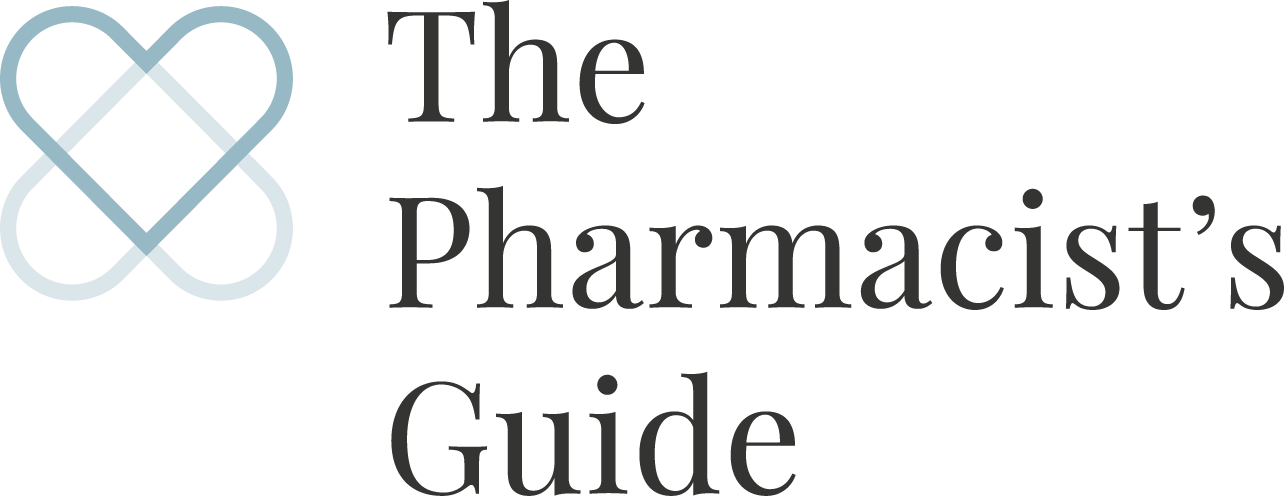Migraine Awareness: Learning Your Triggers
When I was in pharmacy school, I remember sitting in a lecture on drug distribution when the board started to get fuzzy. Over the course of 15 minutes, the vision in my left eye went from slightly blurry to total lack of vision in my left eye (other than swirls, if you know what I mean!). It was scary for someone who had never experienced a migraine before!
Migraine headache is a condition affecting almost 40 million people in the United States and up to 1 billion people worldwide. Of those, 25%-30% experience the aura stage. Seriously!? I had no idea that number was so high! In reality, this number is probably underreported, as there are many cases of those who suffer in silence.
For a condition that affects so many, we still do not have many answers about this neurological disorder. This pain syndrome usually has a stimulus, or trigger, that activates the brain stem nuclei and causes excitability in the brain. Neuropeptide release causes painful inflammation in blood vessels which results in the “pounding” migraine.
Over the years, I have not only learned to manage my stress better but I have also learned a lot about managing my migraine triggers. That combined with getting on the right medicine has been a godsend and has made me a much more functional human being on the days that I can feel a headache coming.
Some people are not so lucky and it often takes a lot of trial and error + finding the right doctor and medicine to get to a place that improves your quality of life. In my case and in the poll I did on social media recently, it is not necessarily one trigger that brings a migraine on (though stress is a big one that can do this!), it’s the combination of many triggers creating the perfect storm. A health professional described it to me as a bucket. We have so much room in our bucket, and when things start piling in – lack of sleep, dehydration, stress, environmental factors - and when the bucket overflows, we are left with a migraine.
So what are the most common triggers for migraines?
1) Stress. Stress is the number one culprit in up to 70% of people who experience migraines.
2) Irregular or lack of sleep. A poor night’s sleep or a couple nights of irregular sleep can be a huge trigger. After all, sleep is a time when our body heals and restores itself.
3) Alcohol. Alcohol, primarily red wine, is not only a frequent culprit, but can also lead to dehydration, another trigger.
4) Hormones. Fluctuating estrogen levels can be a culprit and many women report migraines during certain times of their menstrual cycle.
5) Diet. There is a lot to unpack in this one, but knowing your food sensitivities can be a big part of controlling your headaches. Some people report getting headache after a heavy, fat laden meal, some people say cheese triggers them and some people even have to avoid pizza!
6) Dehydration. Up to 1/3 of people report dehydration as a trigger. Be conscious of your water intake and keep a water bottle handy – especially in the summer months!
7) Bright lights. Photophobia is actually one of the criteria used to diagnose migraines. Bright lights (especially if they are flickering!) can be a trigger so remove yourself from the environment if possible.
8) Environment. Allergies, storms, changes in barometric pressure, humidity – all of these have been linked to migraine.
9) Medications. In some instances, your migraine or pain medication (NSAIDS can do this!) can actually cause rebound headaches. Talk to your doctor or pharmacist about this and how it can be prevented.
10) Smells. Anyone who has ever been accosted by someone’s heavy perfume on an elevator understands how a strong smell can lead to a headache. Remove yourself from this situation if possible, and everyone else – be aware of how your perfume affects others!
Low blood sugar (going too long without eating!), neck pain and TMJ can also be a trigger. I’ve even gotten one when my ponytail was too tight! The important thing is that you pay attention and learn what yours are. Being proactive about migraines is the first step in taking action about this debilitating disorder and can prevent lost days of work and seriously improve your quality of life.
One last tip: Take your rescue meds at the first sign of a migraine! If I can take my medicine (in my case eletriptan) at the first symptom of a headache, I can often prevent a full-blown migraine. It is when I let it go too long to “see if it will go away on its own” that I usually get into trouble.
We will go into holistic, prophylactic and other remedies in later posts, but knowing what may lead to a migraine and avoiding that trigger (if you can!) is the first step to getting control.
